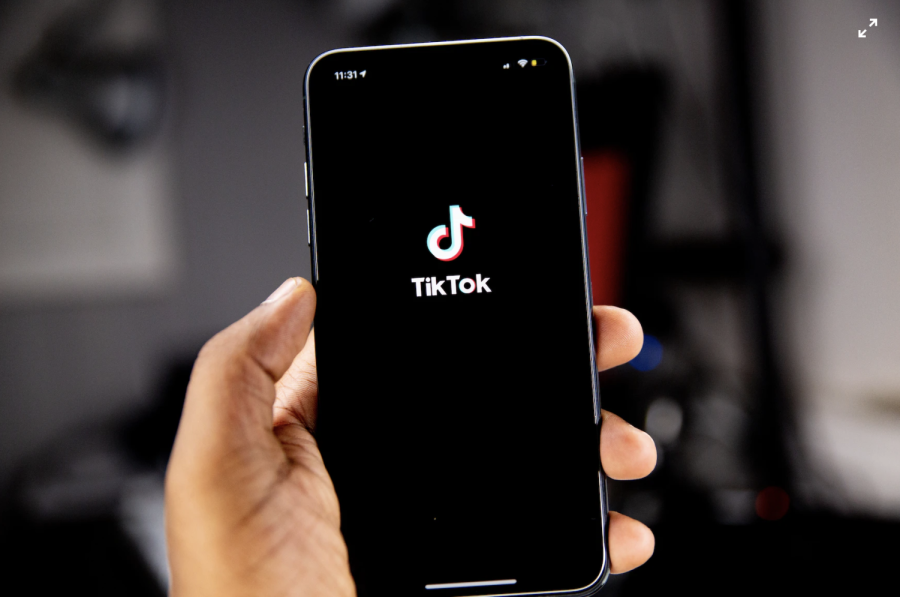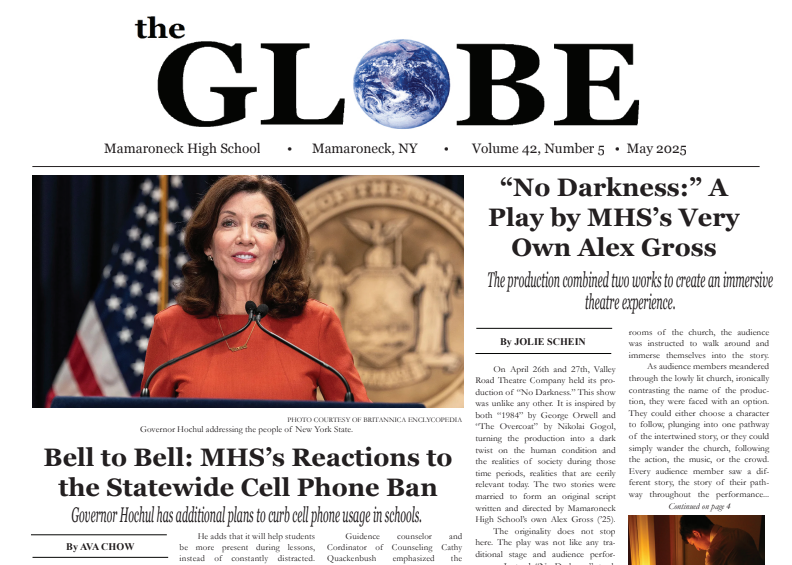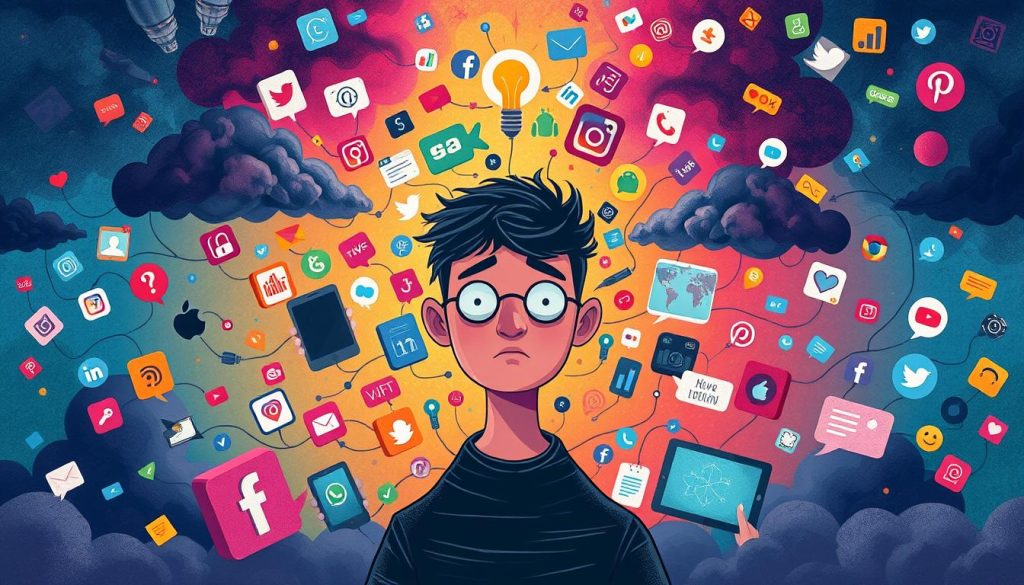Social Media Can Be A Mental Drain
December 15, 2022
Social media is the term that defines all the platforms where people can express themselves. But, the majority of social media users do not do that. Instead of using social media to share with the world the true version of themselves, teens use it as a way of capturing the best points in their lives. This creates an image that those who post don’t have struggles and obstacles in their lives. Teen social pages are a showcase of their peaks in life, showing off their fortune and moments of joy. This is not always a bad thing, but social media lacks reality and the conflicts that all teens inevitably go through.
The tendencies of what teens of this generation post create a standard that becomes what individuals start to compare their lives to. This deprives people of their confidence and motivation in their own lives just because they think they aren’t meeting expectations. Annie Zaumeyer (‘26) shared, “Honestly, scrolling through social media sometimes is just a constant reminder of all the things I’m not. I know that it’s all fabricated and photoshopped or whatever, but it still just makes me feel like I’m not enough.” Social media should benefit you by making you develop as a person, but at times, it destroys self-esteem by providing space for comparison, envy, and greed. The Harvard University social impact review, “Teens, Social Media, and Mental Health: It’s Not As Clear Cut As You Think” by Emily Weinstein and Carrie James says that “The data shows that some teens who are struggling say that social media is making things worse.” The article shares data from a 2021 meta-analysis that highlights the negative impact social media makes on many teens. Forty-four percent of U.S. high schoolers said they experienced persistent sadness or hopelessness and emergency department visits for suspected suicide attempts were 51% higher as compared to the same winter period just two years prior.
When the world shut down because of Covid-19, students had to do school remotely and stayed in their homes most days, if not all. Teenagers spent the majority of the day on screens, whether that be on a computer or cell phone. Social media became the main source of communication and seeing what everyone was up to, which is a positive aspect of social media. So, once life eased back into normality, life just became more and more technology-revolved. Social media usage did not decrease once there were more face-to-face interactions. Research from August 2022 conveyed by the Pew Research Center shows that a majority of U.S. teens say it would be hard to give up social media. That shows just how much of an invisible hold social media platforms have on teens. Social media creates a place for people to only show the parts of themselves that they want others to see. That’s not to say social media is all negative, there are positive aspects that can and should benefit teenage development. So, social media should not be removed completely, nor should it never be used. We need to make it acceptable for real life to be showcased online, instead of just our best image. Learning how to use social media responsibly and balancing the right amount is an extremely important task that all teens should adapt to as they grow older. Social media has had significant positive and negative impacts on mental health. Teens especially, experience the effects that social media entails. As MHS students, we all do. Take this in, and reflect on how realistic social media really is. Don’t forget there are people behind the screen that are just like you.






